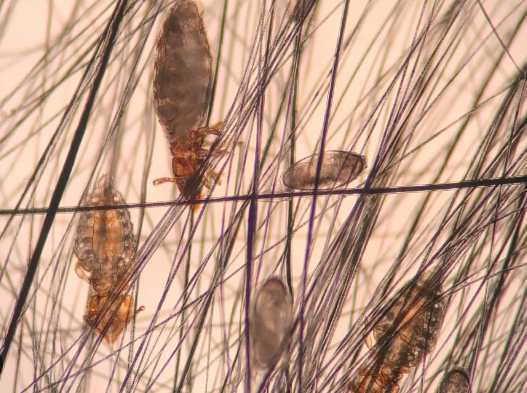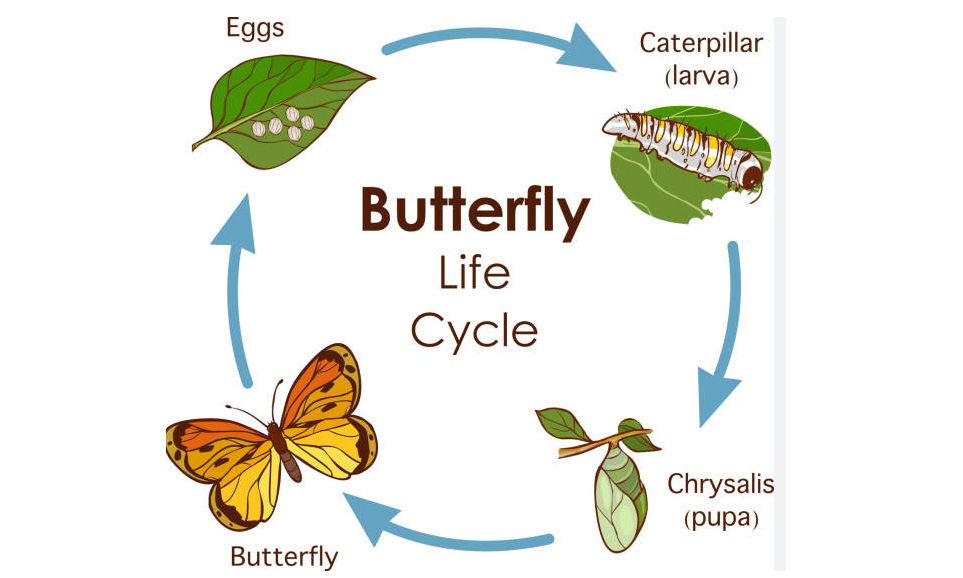Understanding Cat Lice: What Every Cat Owner Should Know
As a cat owner, ensuring your feline friend is healthy and comfortable is a top priority. One common yet often overlooked concern is the presence of lice. Understanding cat lice, their symptoms, and treatment options can empower you to take action if your cat is affected.
What Are Cat Lice?
Cat lice are tiny parasitic insects that reside in the fur of cats. There are two main types of lice that can infest cats: Felicola subrostratus, the chewing lice, and Linognathus setosus, the sucking lice. These pests thrive in dirty, overcrowded conditions and can be easily transmitted between animals. While cat lice are not known to transfer between different species, they can cause significant discomfort, leading to itching and inflammation in your cat’s skin.
Symptoms of Lice Infestation
Recognizing the signs of a lice infestation in your cat is crucial for timely intervention. The most common symptoms include excessive scratching, biting at the skin, and visible signs of irritation such as redness or inflammation. You may also notice tiny, white specks in your cat’s fur, resembling dandruff, which are actually lice eggs (nits). In severe cases, your cat may develop hair loss or secondary skin infections due to constant scratching. Regular grooming and observation can help you catch these symptoms early.
Treatment and Prevention
If you suspect your cat has lice, seeking veterinary care is essential. A vet can confirm the infestation and recommend appropriate treatments, which may include medicated shampoos, topical insecticides, or oral medications. Additionally, it’s important to clean your home thoroughly to remove any lice and their eggs from your cat’s environment. This includes washing bedding and any fabric your cat frequently uses. To prevent future infestations, maintain a clean living space, and consider regular grooming to monitor for any signs of pests.
In conclusion, being aware of cat lice and their effects can help you keep your furry friend healthy and comfortable. If you’re seeing any symptoms or just want to learn more about your cat’s health, don’t hesitate to reach out to your veterinarian for guidance. Your cat deserves the best care possible!




